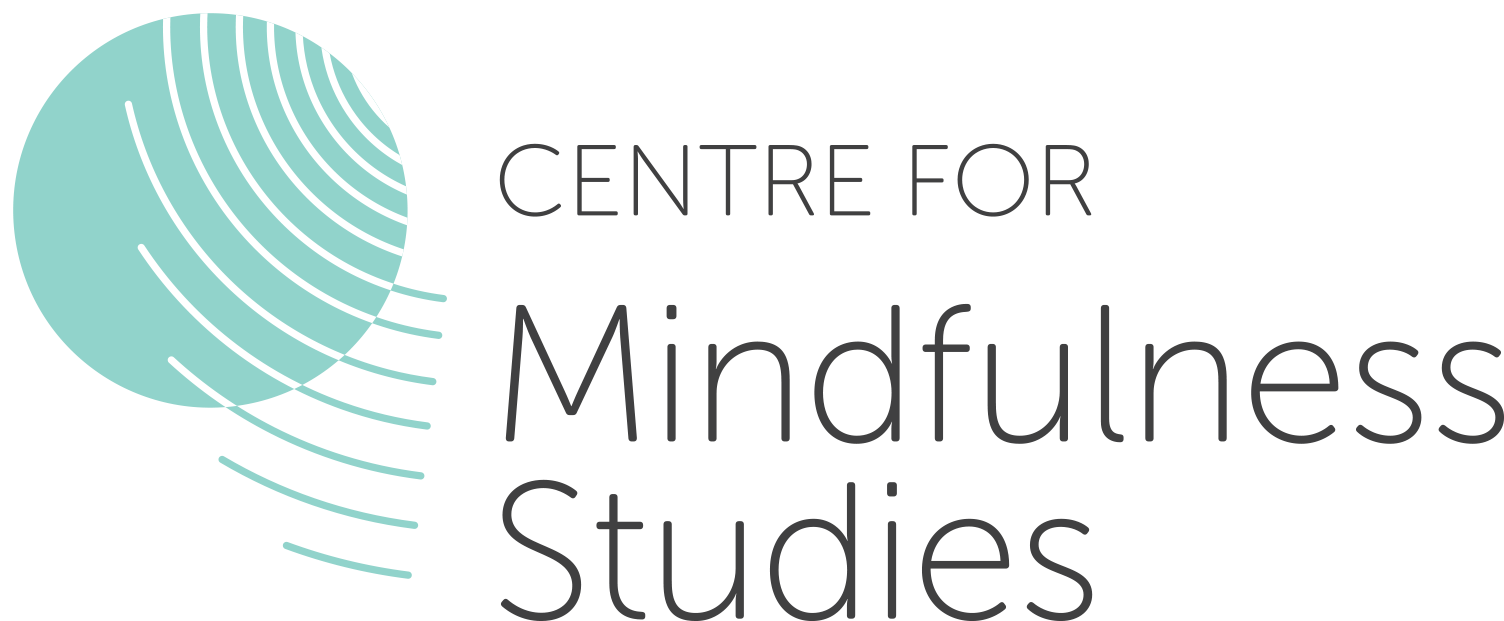Mindfulness-Based Programs Vs. Meditation Apps
They definitely both serve a purpose, but it depends on what you are looking for – and where you are in your mindfulness journey.
If you’re looking to alleviate some stress after a particularly tough day or help you fall asleep one night, an app can be great. It’s an easy, quick fix. If you are looking, however, to integrate mindfulness into your daily routine and actively change the way you respond in stressful situations, a mindfulness-based program (MBP) is the way to go.
Like anything in life, it takes time to learn or integrate a new skill – and mindfulness is a skill that must be practiced with consistency and discipline to reap the benefits. In a society where we want everything right now, downloading an app in 5 minutes can seem more appealing than signing up for an 8-week mindfulness program. However, there is a reason why the program is 8 weeks, in a group environment, and guided by a highly-skilled facilitator. Meditation apps are awesome, don’t get us wrong. We even created our own. If you want long-lasting results, however, our recommendation would be to take an 8-week MBP and then use the apps after you have developed the skill and discipline to incorporate mindfulness into your life.
If you’re still on the fence, here are a few reasons to consider taking a program like Mindfulness-Based Cognitive Therapy (MBCT) or Mindfulness-Based Stress Reduction (MBSR):
Mindfulness-Based Programs are evidence-based and backed by science.
The beneficial effects of meditation and mindfulness-based therapies are supported by a growing body of evidence, MBCT and MBSR in particular. Over two decades of clinical research has shown that it can benefit people suffering from chronic stress (and everyday stress), anxiety, recurrent depression, chronic pain, substance abuse and other conditions. Read more about the evidence here.
An 8-week program keeps you accountable, thereby facilitating the formation of a new and positive life habit.
They say it takes on average 66 days to form a new habit. Therefore, taking part in a 2-month program where you meet weekly and have home practice work daily, will put you well on your way to developing a new habit that will actually stick.
Group programs provide support and can propel you forward.
Hearing from others with similar issues helps you see that you’re not alone in having challenges, whether it’s anxiety, stress, depression, or other mental health concerns. Many people experience a sense of relief when they come to the realization that they are “in this together” with the entire group. The group also provides a sounding board, as opposed to a meditation app where you only have yourself to rely on for support.
The important process of Inquiry and the expertise of the facilitators.
For MBCT and MBSR, the process of inquiry and feedback is imperative to the success of the program. Zindel Segal, the developer of MBCT explained it perfect in the article, The Trouble with Mindfulness Apps: A client becomes familiar with their thoughts, identifying negative patterns, ruminations, or cognitive distortions, and they learn how to redirect the thought process that’s getting them into trouble. It’s a skills-based approach that allows a person to get into the habit of seeing what’s going on in their minds without immediately reacting to the content. It’s a process of becoming familiar with these patterns—and this act of awareness is what helps loosen the grip of what some call negative thought loops and storylines that these patterns can trigger.

Learn more about our 8-week programs here. Download our practice support app here with all of the meditations from our MBCT, MBSR, and MSC programs.
Blog Article by Michelle Ragno


